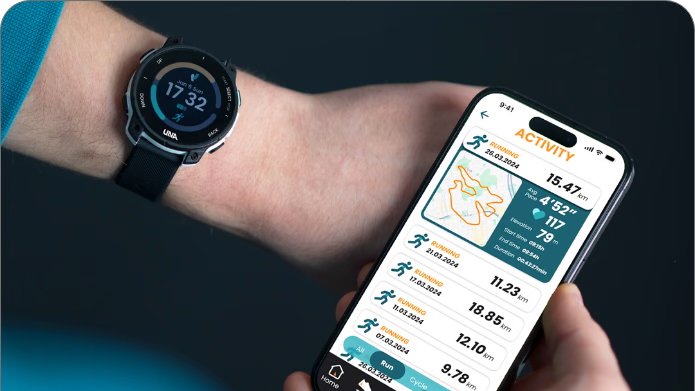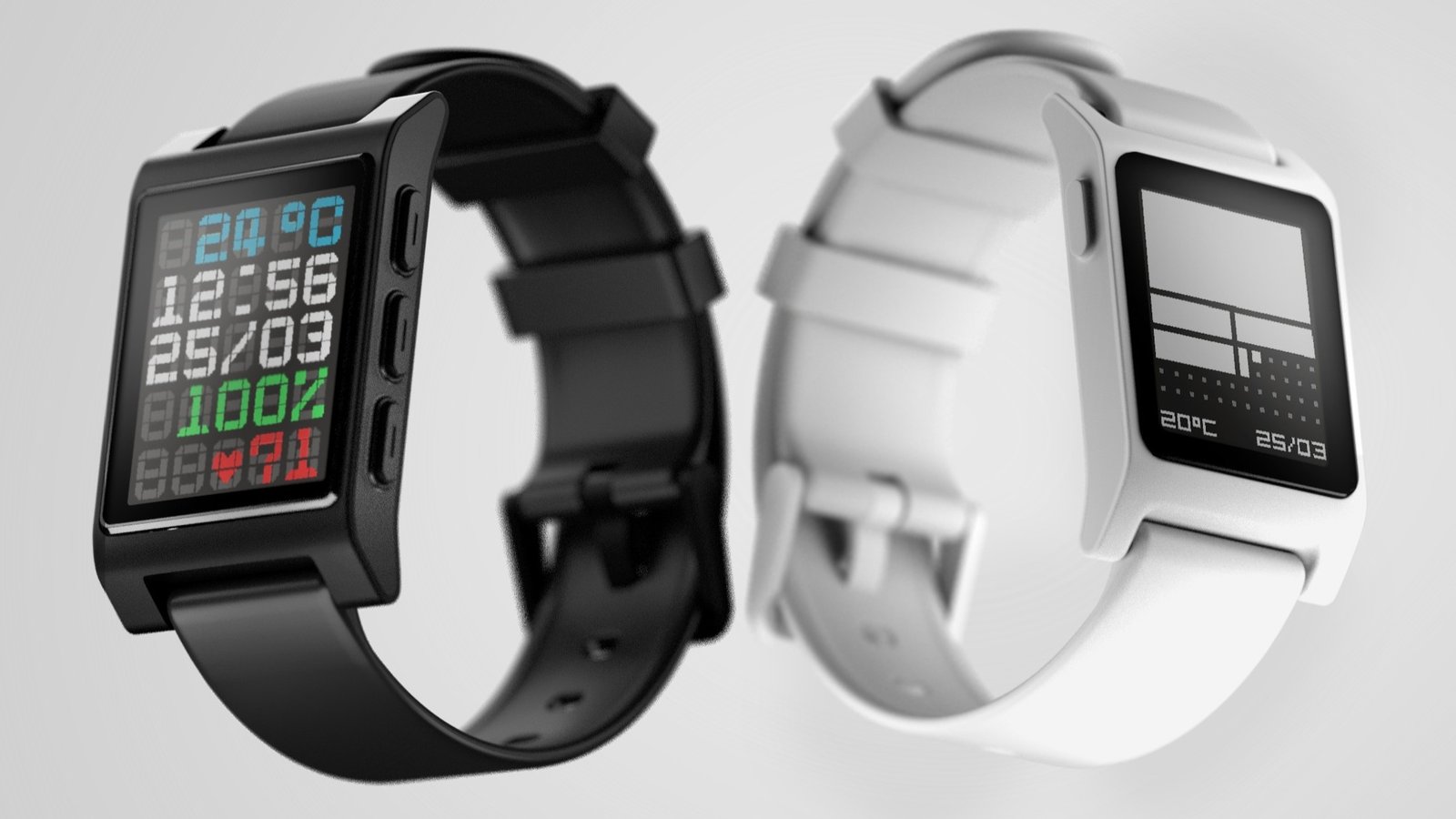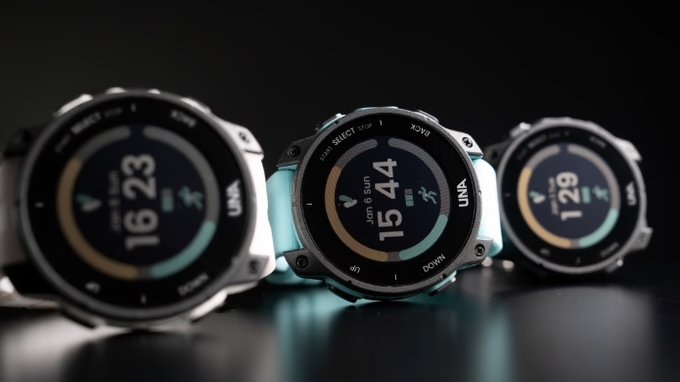Just weeks after preorders opened for the rebooted Pebble Core watches, Scottish indie brand UNA launched “the world’s first” repairable & upgradable GPS sports watch: the UNA Watch. I am excited about this new trend of open-source watches as big-name brands move towards subscriptions.
The UNA Watch Kickstarter highlights its features: continuous heart rate, blood oxygen, steps, and floors climbed in normal settings, along with fitness features like HR zones, pace, laps, and downloadable GPX routes coming soon. It boasts dual-frequency GPS and a 10-day battery life.
Interestingly, it is powered by the same Cortex-M33 coprocessor found in the Pixel Watch 3, but without the power-hungry Snapdragon.

I admire that the UNA Watch uses a simple USB-C slot for charging instead of a proprietary cable and offers modular upgrades like music storage or a mic/speaker combo that you can install yourself. Plus, there are no subscription fees.
For an additional $40, you can purchase the dev tool to create your own apps and firmware!
Pebble is less focused on fitness, making UNA a better fit for my lifestyle. Both brands embrace an open-source, enthusiast philosophy that allows users to code their own apps or add sensors as needed. The hope is that the community will enhance the UNA Watch’s features over time, similar to how Pebble relied on its community for software development.
My lack of coding skills makes it unlikely that I can contribute to either community. However, mainstream smartwatch brands have moved away from allowing indie developers into their closed ecosystems, to the detriment of all. This is why devices like UNA and Pebble are crucial and why I am excited to be part of their communities.
UNA and Pebble are fighting against the tide

I’ve reviewed almost every mainstream smartwatch brand on the market today, and it seems like they are all moving towards similar goals.
Some wearable brands are focusing on providing medical-grade health tracking and introducing new data points like blood pressure and glucose. Others, like Garmin, are heavily investing in AI as an excuse to charge more for premium features through its Connect Plus subscription.
We are entering a phase of heavyweight smartwatches, where companies are bringing in medical professionals for precise data and incorporating various features into your wrist. While this is exciting in its own right, it leaves little room for innovation — for smaller brands, small teams, or indie developers to experiment — because every watch needs a long list of features to stay competitive.
Apple plays a role in this shift. I have previously discussed how Apple’s closed watch ecosystem has forced wearable brands to focus on fitness and prevented brands like Pebble from offering messaging, third-party app stores, and other features due to Apple’s restrictions. Until the EU forces Apple to open up its ecosystem, this situation is unlikely to change (at least on iOS).
This is why I am considering investing in the UNA Watch or Pebble Watch, even though they may have fewer features than other watches on the market. Supporting brands that venture off the traditional industry path and try new things is important to me.
More modular smartwatches, please

I have come across other “hackable” watches like Spectra that rely on their community for innovative ideas. The UNA Watch intrigues me, assuming it delivers on the brand’s promises.
I like that you can replace the battery yourself. Many wearable devices, especially smart rings, are not designed for repairability, and manufacturers would rather have you buy a new device when your watch’s battery weakens over time.
With the UNA Watch, you can disassemble everything yourself to replace components or add new features in the future. Based on comments from the Kickstarter campaign, the brand will develop new modules based on community requests, such as the mic/speaker for Bluetooth calling.
Pebble initially allowed users to attach “smart straps” to enhance their watches post-purchase. UNA seems to be following in that tradition, except that the modules will connect directly to the watch itself. The question remains how many modules you can add.
The UNA Watch Kickstarter is running until May 2, with early-bird discounts available to save $75 on the eventual retail price. Shipping is expected in August 2025. Meanwhile, if you are more interested in Pebble, their new watches are also available for pre-order, with lower prices but a later release date of December 2025.
